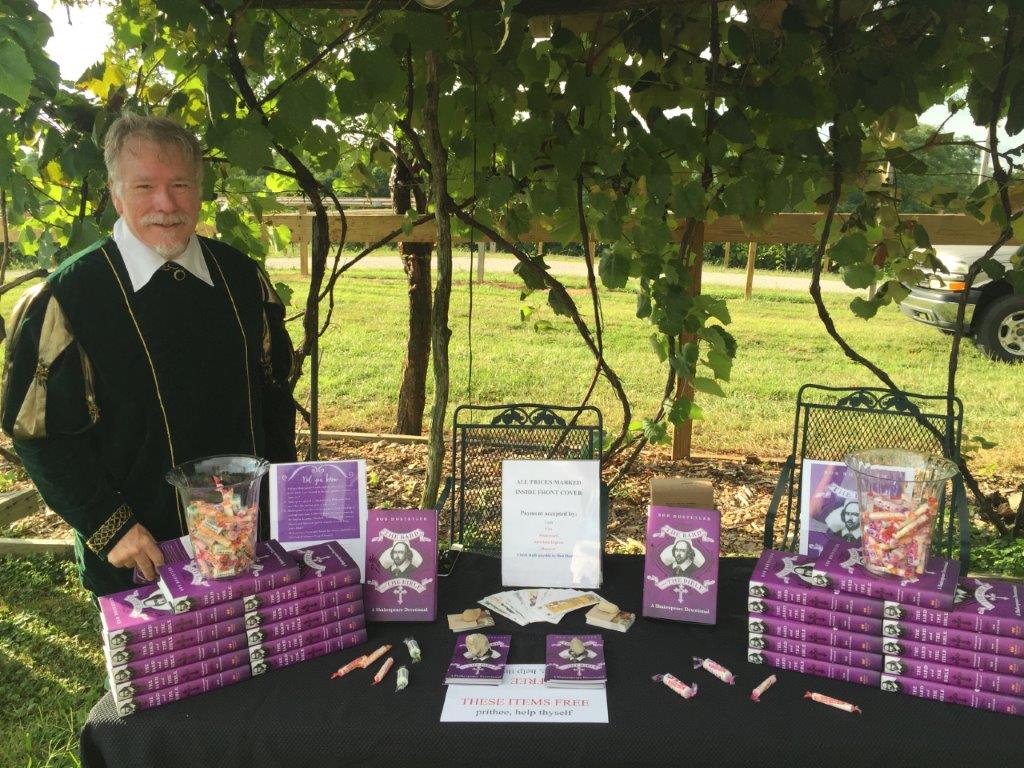Have you ever attended a conference workshop that really seemed like a snooze? It happens to the best of participants and the best of instructors. While the hope is every class will have chemistry, sometimes there just isn’t any.
But you can help!
I’ve talked at conferences and paused with, “Does anyone have any questions?” But I met with crickets. Well, actually, singing insects would have been a welcome alternative to silence and given me something to talk about. I might like to think I’m an awesome workshop leader, but I know I don’t cover every aspect of a topic in full every time.
Don’t let this happen to your instructor! Help!
Know Why You Chose that Workshop
Most medium-to-large-sized conferences have many workshop selections per time slot. In fact, I often overhear conferees say, “I don’t know which workshop to choose! They’re all wonderful!”
Think about the workshops and what you hope to learn and accomplish. You can even ask your agent for suggestions. Then be ready to absorb the knowledge imparted.
Participate
Some workshops include exercises such as writing an opening paragraph. Please be ready to share your work, because if the teacher planned that exercise as part of the class, it’s for your benefit. It can be scary to put your classwork out there in front of a group but it’s also part of being a writer. Don’t be afraid.
Ask Questions
Don’t be shy! I realize some might be reluctant to appear “stupid” in front of a room of other writers. I understand the desire not to make a “mistake” in front of a crowd. But you are not dumb, and no question is stupid. If you ask a question, I’ll speculate that at least one other person wonders the same thing, and is glad you asked!
Connect
Most of the time, the teachers are available to chat after class. Take this chance to connect!
Your turn:
What workshop topics do you enjoy?
How have workshops helped you improve your craft?



 Make Much Ado of Your New Book
Make Much Ado of Your New Book

Tamela,
Thanks for this article. Like you I have taught workshops where there were no questions. As a participant, you get to improve the whole workshop for others as you ask your questions.
Also I loved your point about connecting with the speaker afterwords. Bring business cards to exchange so you can follow-up. From my experience in publishing it is who you know as much as what you know. Always be broadening and working on your connections. A workshop is a great place to make that effort.
Terry
Straight Talk From the Editor
Fabulous tips from a pro, Terry! Thanks so much!
Guilty as charged. Lol! I’ve been the one to sink into my chair when an on-the-spot writing challenge pops up or when asked if there are any questions. I normally wait for others to ask the questions or wait until after class to ask privately. Hmm, guess I need to brave-it and ask my own questions, and I’m learning to do more “flash” writing. Yes, I’m an introvert and I love the privacy of my home office. However, I love the interaction with fellow writers at conferences and I find stepping out of my comfort zone isn’t so bad after all.
You are always encouraging and be a blessing to anyone you interact with, Loretta!
Great post and suggestions, Tamela.
One thing a workshop attendee might do is to resolve to frame a question someone else might ask; it creates a sense of obligation to participate, and an opportunity that limits personal exposure for (“Ohhhh, that was a DUMB question, why did I open my mouth?”) embarrassment.
It can be hypothetical, just to get the ball rolling in a workshop that’s suddenly become a Trappist group-meditation session.
For example, in a class on character development, one might ask, on MY behalf, how one approaches introspection? (I’m not introspective myself, and I really have no clue how to make a character do that in a convincing way.)
Or, for a hypothetical friend whose Aztec superhero Teniente Atlatl seems a bit flat…how do you define a believable Mighty Person?
(I can answer that…every superhero has to have a commensurate weakness; in the current cinematic Marvel universe, Captain America’s is displacement and loss; he’s fighting to preserve the decency of the time he knew before going into the long ice-sleep. And Tony Stark is perennially immature; Iron Man is his grown-up alter ego.)
Great suggestion, Andrew! I’ll have to show my husband your Marvel answer. LOL
Great article. It’s ironic, though, because the last couple of workshops I attended had too many questions, so not everyone was addressed.
I suppose it depends on the topic. Sometimes the instructor hits the mark and answers all questions during the workshop. Participants take good notes and, therefore, have no questions. When I conduct workshops, I also ask if participants have comments/suggestions. That usually gets a conversation started! People always have comments/suggestions for improvement. LOL.
I can see that, sure! 🙂
Tamela,
Without workshops I would not even have known I was completely ignorant about writer’s platform and needed to get more information and take action. Knowing and doing are not the same thing, nor are doing and getting results, but workshops provided the needed starting point. Still learning.
So glad you can benefit, Linda! We are blessed in CBA to have many excellent conferences that offer excellent teaching!
I just got home from the Colorado Springs ACFW workshop where Margie Lawson talked about deep editing techniques and effective rhetorical devices to make your writing compelling. It was nice to discover I was already using many that she recommended, and I learned several more that will strengthen my writing going forward. I never expected so much for $65 and 7 hours of my time (plus a 780-mile round trip drive, but it was SO worth it!!).
I also enjoyed the workshops at the national ACFW on building platform and running the business part of being a writer.
Good to hear, Carol!
Interesting perspective. It honestly hadn’t occurred to me to plan questions in advance, although I have never hesitated to ask the ones I thought others might also benefit from. The times I hesitate to speak up are when I know my question is likely too specific to my project/situation for the answer to be of help to the other students. I have been in classes where someone has asked a question like this and wound up monopolizing the teacher’s class time (despite the teacher trying to move on) while other students impatiently wait for a chance to ask their own question.
That’s definitely a pitfall, Kathleen. I’ve seen that happen as well. It’s hard to know how to avoid it altogether, though. Perhaps at least a few people were able to apply the answers to their projects.
Great article, Tamela! Like you I’ve faced similar situations while teaching workshops. I’ve discovered that many writers will hold the question and try to ask after a workshop. Unfortunately, there’s usually not enough time, especially if another workshop is scheduled for that room. That’s why it’s so important to ask when the opportunity presents itself.
Other good reasons to ask questions: 1) usually other writers have the same one, but are afraid to speak up; 2) it sometimes jogs the presenter’s memory to share planned content that was not included in the rush to get some questions in and/or finish on time; and, 3) it gives the presenter an idea of the attendees’ interests.
That last reason can result in some surprising opportunities. For example, when I know a writer has an interest or skill in an area, and I’m able, I’ll point them to other faculty at the event, or even tell other faculty about the writer to facilitate a divine connection. It’s a practice I adopted many years ago after a gracious faculty member did the same for me after I attended that presenter’s workshop.
Thanks for wonderful insights, Lisa! After all, networking is a big part of conferences.
Thanks for the great posting, Tamela. As a college professor, I know what it’s like to have crickets greet your question for questions. You ask, “Does anyone have a question” and nothing happens. Dead silence.
Students then come up with “door handle” questions- like the real reason you went to the doctor was to ask a question that you don’t ask until the doctor has his or her hand on the doorknob and is leaving the room.
The door handle question are why I am required to have one hour of office hours for each class I teach. Students there, much like their counterparts at a writing conference, do not want to embarrass themselves with a “stupid question.”
What a great tip, Sheri! Thanks for the insight.